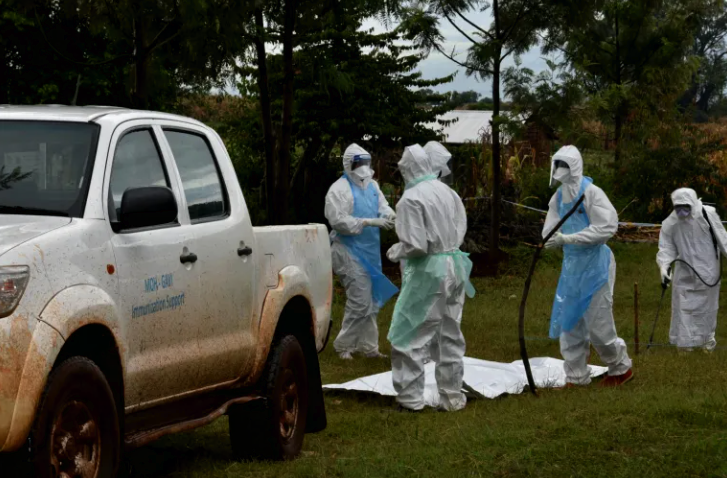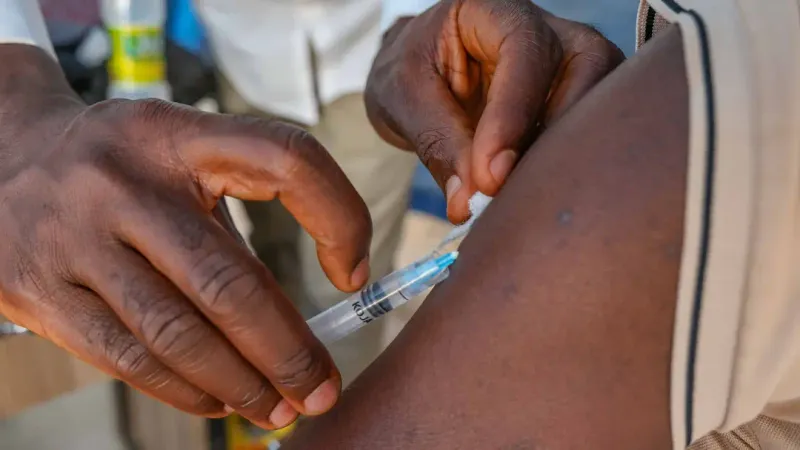Tanzania: Five Dead in First-Ever Marburg Virus Outbreak
On Tuesday, Tanzania's Health Minister, Ummy Mwalimu, confirmed the country has identified eight cases of the deadly Ebola-like Marburg virus. Five people have died from the virus while three others are receiving treatment.

Facts
- On Tuesday, Tanzania's Health Minister, Ummy Mwalimu, confirmed the country has identified eight cases of the deadly Ebola-like Marburg virus. Five people have died from the virus while three others are receiving treatment.1
- The cases have been isolated to the Bukoba district in the Kagera region of western Tanzania. The region borders Uganda, Rwanda, and Burundi and has a highly-mobile population potentially capable of transmitting the virus to multiple nations.2
- The WHO provided laboratory confirmation of the cases of the eight people who presented symptoms that include fever, vomiting, bleeding, and renal failure. It identified one of the deceased as a health worker and noted that 161 close contacts of the infected are being monitored.3
- The WHO also praised Tanzania's health ministry, saying, "the efforts by Tanzania's health authorities to establish the cause of the disease is a clear indication of the determination to effectively respond to the outbreak."4
- Tanzania has not previously recorded a Marburg case but does have experience with other outbreaks like COVID, ebola, cholera, and dengue fever. Marburg is highly virulent, carries a fatality rate of up to 88%, and spreads from fruit bats to humans who transmit the virus through bodily fluids or contact with surfaces and materials.5
- Tanzania's outbreak follows closely behind an outbreak in Equatorial Guinea. WHO and other organizations have increased surveillance and monitoring in that region — and deployed several resources, including epidemiologists, case managers, and other public health resources.6
Sources: 1 Associated Press, 2Africa CDC, 3Reuters, 4BBC News, 5Afro, and 6Al Jazeera.
Narratives
- Narrative A, as provided by NPR Online News. There is a very plausible reason why such a deadly virus like Marburg goes unchecked — there simply aren't enough outbreaks to conduct clinical trials to establish the effectiveness and safety of treatments. When these rare outbreaks do occur and warning bells sound it's likely too late to test treatments. Marburg can spread, infect, and kill before it is detected, often closing the window on anti-viral medications and vaccine trials. Hopefully, these new outbreaks will be an opportunity to develop options for reducing the mortality rate of Marburg and its family of viruses.
- Narrative B, as provided by UN News. If governments want to stop pandemics they must act more urgently and deliberately to prevent zoonotic spillover. Diseases that cause deadly outbreaks often begin in animals and then make the leap to humans. To prevent this jump, governments should use agreements like the post-2020 global framework like protecting wild habitats, banning commercial wildlife markets and trade, increasing biosecurity for farmed animals, and improving public health for people living in conditions ripe for spillover.






